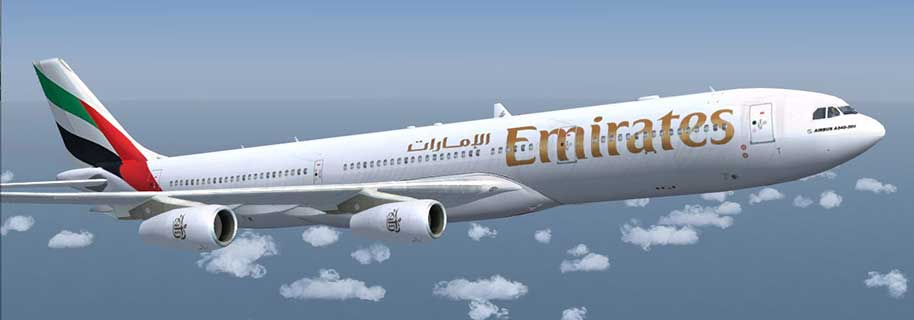The MRO alliance will keep a history of the maintenance of aircraft parts. Through that type of registration, the industry would save USD 3.5 billion.
It was reported that a group of corporations linked to the aircraft maintenance, repair, and overhaul (MRO) sector established a blockchain consortium to authenticate commercial aircraft spare parts.
The MRO Blockchain Alliance is an organization that seeks to establish a new standard based on distributed ledger technology (DLT) to keep track of equipment repairs and verify the origin of the spare parts.
Among the members of the organization, the most prominent are Bolloré Logistics, Cathay Pacific, FLYdocs, HAECO Group, Ramco Systems, the International Aeronautical Telecommunications Society (SITA) and Willis Lease Finance Corporation. Even though the date for the start of the new platform’s operations was not specified, a SITA statement indicated that the concept testing will be performed within the next months with various participants.
Challenge for the Network
It should be noted that the project poses a major challenge as it is a sector in which 25 million spare parts are processed per year and another 3 thousand are added, thus covering 20,000 suppliers for 144,000 daily flights, all arranged in an industrial market that generates about USD 100,000 million every year. Another technical detail that was not clear is the type of blockchain that will be used, but SITA provided details of its operation.
The company explained that the alliance will use blockchain to register and track two separate information chains for each part of the plane: a digital thread and a digital passport. The former provides the real-time status, chain of custody, follow-up, and tracking of the parts over time. The latter, the same as a human passport, provides the unquestionable identity of a part and contains other vital data such as airworthiness certification to prove ownership.
Of course, SITA’s role as an information technology provider will go further, since it will also ensure the governance of the alliance, the delivery of all the necessary blockchain technology components, and the validation with international regulators and organizations.
In case the project is consolidated, the consulting firm PwC indicated that the application of this type of registration could generate savings of USD 3.5 billion and an increase of around 4% in the revenue of the aerospace industry, which translates into about USD 40,000 million.
Blockchain in Aeronautics
In December 2016, the consulting firm Accenture suggested that the global aviation industry could be optimized by using blockchain technology. That announcement drew attention since solutions had not been proposed for this sector but other industries.
A year later, in December 2017, the largest commercial aircraft manufacturer worldwide, Boeing from the USA, announced that it would seek to eliminate falsifications of its GPS systems with a blockchain.
The applications of DLT, an original Bitcoin technology as a digital system, have expanded over the years to various economic sectors such as food distribution, identity certification and, in this case, validation of spare parts.
This technology allows two or more people to conduct transactions without the participation of trusted third parties or intermediaries. All the operations are then registered in a distributed or decentralized database whose information cannot be modified.
By Alexander Salazar











